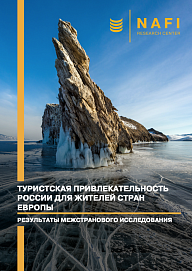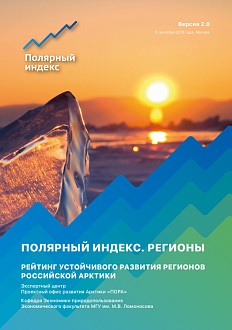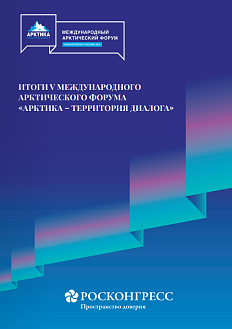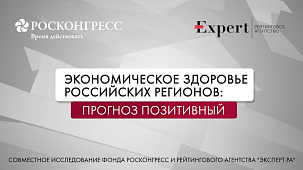In this work the Research Centre NAFI studies how Europeans perceive Russia as a tourist destination. The researchers find that a third of Europeans consider visiting Russia in the near future. Of these, the groups with the greatest potential for coming to Russia as tourists are elderly people from Northern Europe and young Europeans aged below 34. The authors of the publication believe that Russia’s strategy for developing its image as a tourist destination must be aimed primarily at these two target groups.
The Roscongress Foundation presents the salient points of the publication accompanied by fragments of broadcasts of relevant panel discussions from the business programme of international events held by the Roscongress Foundation.
Tourists who have visited Russia have a higher opinion of Russia’s tourism sector than those who haven’t been to the country. However, the general opinion is that travelling to Russia is costly and that getting a visa is problematic.
Most Europeans believe that a trip to Russia is extremely costly, mainly because air tickets are very expensive. Among other barriers to travelling to Russia, many respondents named a complicated and highly bureaucratic procedure for getting a Russian visa. Also, lack of English-language direction signs and street name plates is often mentioned as a problem.
Although most Russians speak in favour of developing the country’s tourism sector, many foreign tourists say that hotel staff and local people were unfriendly to them.
On the whole, surveys show that Russians approve of a further development of the country’s tourism sector (55% of respondents say this is a «fairly appealing» prospect).
At the same time, researchers recommend that regional authorities run an educational campaign for local communities stressing the importance of the tourism industry and the necessity of attracting foreign tourists. Also, it is essential to raise «tourism literacy» of the population. It might be worthwhile to distribute booklets with guidance on polite behaviour towards foreign tourists and short phrasebooks.
To raise the competitiveness of Russia as a tourist destination, it is essential to develop a vision of Russia’s tourist image and promote it.
This vision must show the strengths of the country’s tourism resources. It must demonstrate that travelling to Russia is safe, that the country has a high-quality transport and tourist infrastructure, and that the service industry is well developed. It must also inform potential tourists about Russia’s national and regional tourism brands, i.e. places of historic and cultural interest, natural attractions, special itineraries, etc.
For more information about the current state and development of the Travel & Tourism sector which forms the basis of many economies, please see the Infrastructure-based development, Culture, Tourism, and Regions of Russia special sections of the Roscongress information and analytical system.






